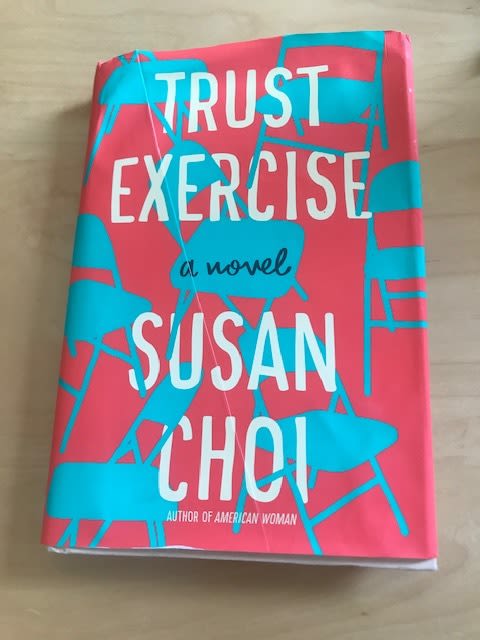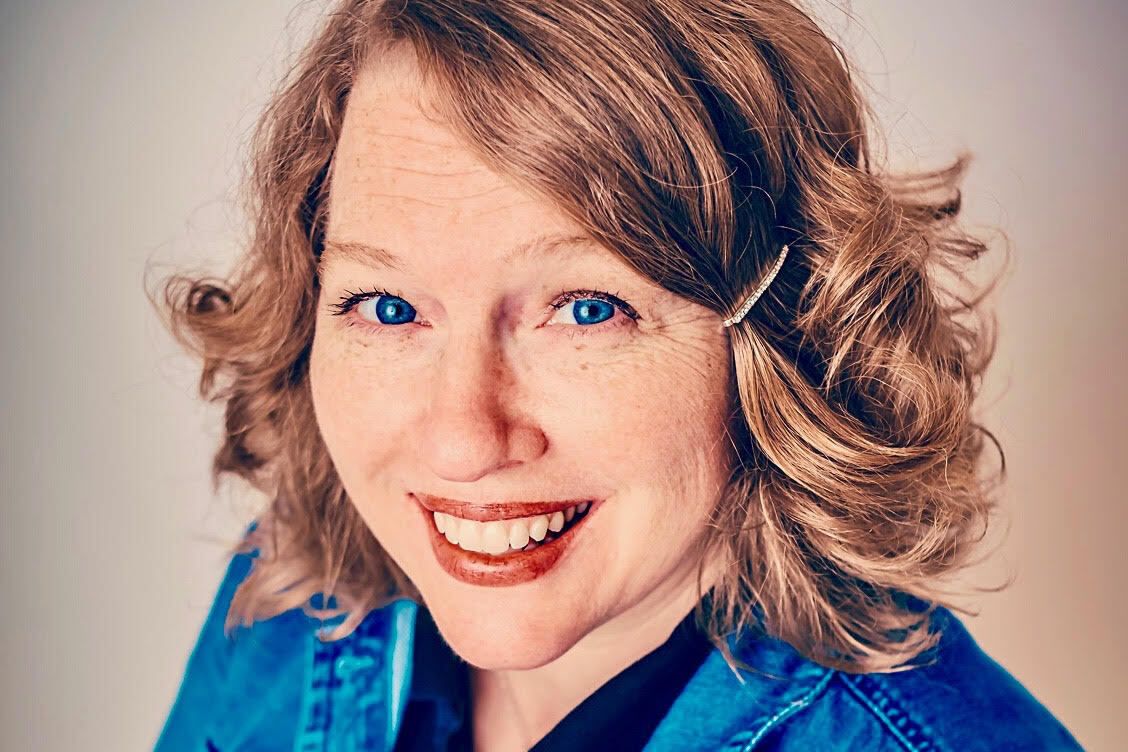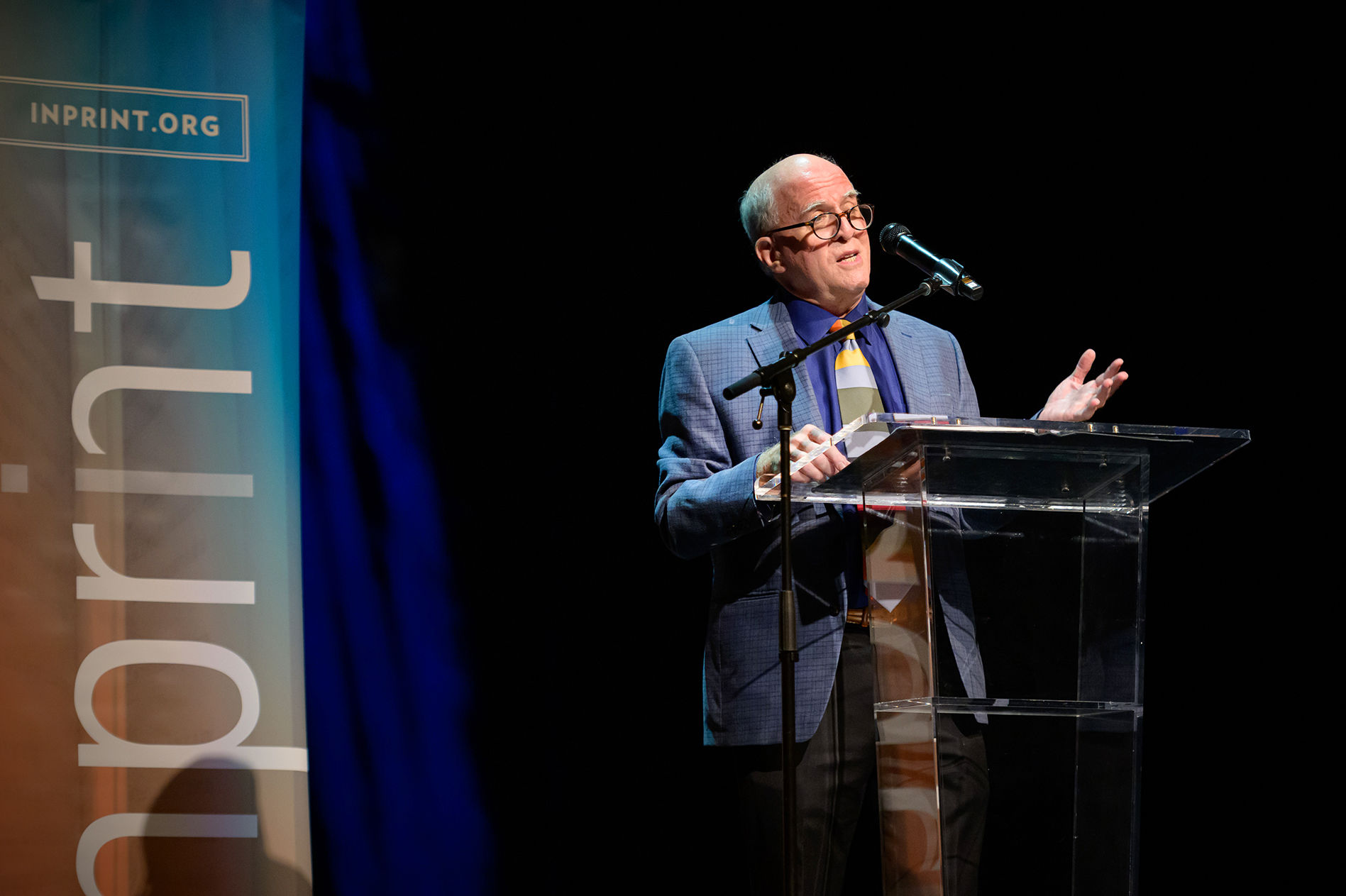Susan Choi's Trust Exercise Wins the National Book Award

Image: Dianna Wray
Writing about Houston is a tricky thing, but when attempted by novelist who has A) spent a significant amount of time here, and B) recently won a big award for the book she wrote that was clearly inspired by the Bayou City, there’s certainly plenty of reasons to go ahead and take the plunge.
In other words, now that Susan Choi has taken home the National Book Award this week for fiction for Trust Exercise, a book about two circa-1980s students at a highly competitive performing arts high school (one that looks, sounds, and in all ways seems to be at least inspired by Houston’s own High School for the Performing and Visual Arts, which Choi attended back in the 1980s) who fall in love, it might finally be time for you, dear reader, the discerning one who is just so tired of seeing Houston not portrayed accurately on the page, to pick up a copy.
Now, this book got all kinds of praise for everything from the shifting perspectives to the #MeToo inspirations that snake through the work, but that's not why you should go read it. What's really fascinating about this work is the Houston-ness of it all. Plenty of writers have set their books in Houston, with Larry McMurtry's Terms of Endearment possibly being the best-known attempt, but, while he told a great story with that work, people not from here could easily read the book and come away with a false sense of what life in this city is actually like. That's not what happens with Trust Exercise.
Of course, the teens in the middle of a passionate high school romance are not all this fascinating and crafty novel is about, since Choi deploys all kinds of sleights of hand in telling this story, shifting narrators, perspectives, and examining how complicated the truth is, and how many, many, many different ways real life can be shifted and morphed into fiction.
She also pulls off a neat trick in writing about a city that is never formally called 'Houston,' but that is so clearly a portrait of this town that you can’t miss it if you know the Bayou City. The novel has gotten more attention for other aspects of the work (particularly a fascinating read in the New Yorker about who owns a narrative), but it’s how Choi has rendered Houston on the page that really shows her chops. The city we all know is right there, even without being explicitly named.
Otherwise, there simply couldn’t be passages like this one:
“Remember the impossible eventfulness of time, transformation and emotion packed like a gunpowder into a barrel. Remember the dilation and diffusion, the years within days. Theirs were endless; lives flowered and died between waking and noon. Hurricane Clem made landfall, and turned the boulevard David had crossed at midsummer into a raging brown river that sucked cars from the curbs and turned trees upside down. The first day of school was delayed for a week, confirming their suspicion that a lifetime, not a summer had passed.”
Even though it has been decades since Choi actually lived here, it's remarkable how she evokes this place on the page. There’s no way someone could have captured exactly what it feels like to be a teenager in the hurricane-prone, ever-churning Bayou City unless they were writing it about (or at least inspired by) the city itself.
There are other moments, shibboleth-style nods that show Choi has absorbed and transmuted this city well enough to actually pin it down in her writing, like how a character who had moved back after years away is coming into a bar on a January night that is “as cold as it gets here in their town,” which isn’t very cold but still has prompted the character to put on a jacket, a hat, gloves, and a scarf. Or how Choi casually describes a tony, well-manicured college campus where someone’s mother works, and you don’t have to know it’s Rice to understand what being a secretary on that campus means—but if you’ve ever spent time there, you’ll recognize that it couldn’t be anywhere else.
In accepting her award earlier this week, Choi didn’t mention Houston in particular, but we don't have any quarrel with that. She and her mother moved to Houston from Indiana, and after Choi graduated from HSPVA she went to Yale and then Cornell and started publishing books, including five novels, one of which was short-listed for the Pulitzer. She now teaches creative writing at Yale. (Admittedly, it’s possible that this other tony, well-manicured campus could have provided some inspiration for the sharply drawn bits and asides that read so clearly as Rice to us, but be that as it may, we’re sticking to our guns.) Even though it's been years since she called Houston home, clearly she hasn't forgotten this town.
But don't just take our word for it. Go find out for yourself.




